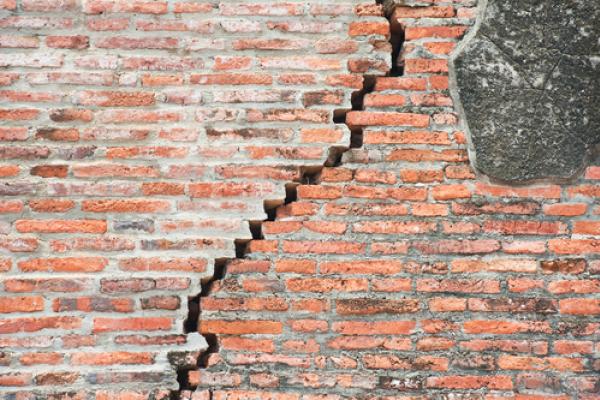Mar 22, 2013
This past week I had an opportunity to teach an intensive course on the book of Matthew. I enjoy these opportunities, not only to teach, but to look at and present a book from start to finish. Although it is not possible to delve into every detail found within the book, following the plot line from start to finish helps to pick up on themes and recurring events and/or elements that accentuate and highlight certain points throughout the broader story. It is easy to miss such connections when snippets and bits and pieces are read rather than reading the whole story from beginning to end.
One such theme is how unsettling — literally — the person of Jesus was. Throughout Matthew’s gospel we hear how Jesus shook the foundations of society.
Read the Full Article

Already a subscriber? Login
